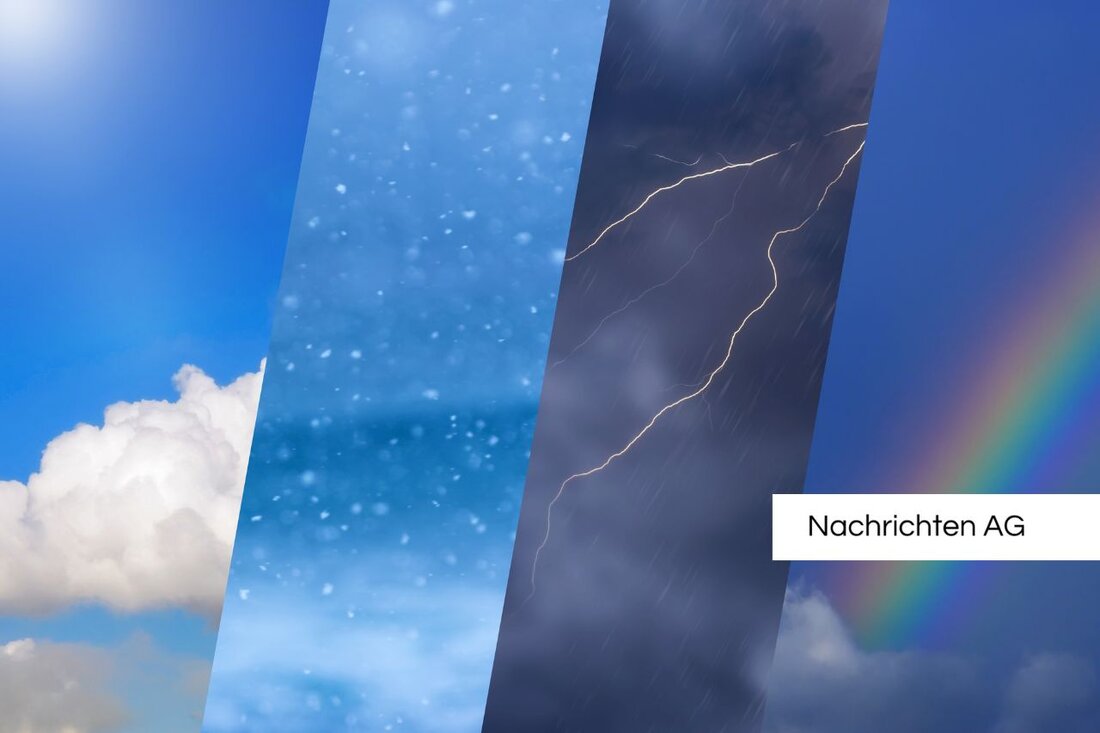Swiss study: nuclear power only after 2050 - chance or risk?
Swiss study: nuclear power only after 2050 - chance or risk?
Schweiz - The Swiss Federal Council decided in 2011, after the Fukushima disaster, against the construction of new nuclear power plants (nuclear power plants). Nevertheless, a current study by the Swiss Academies of Sciences shows that the production of nuclear power can be expected in 2050 at the earliest, provided that a new political decision is made. The supporters of nuclear power argue that it represents a CO₂ arm and the weather-independent energy source. However, in order to make nuclear power competitive, it would have to be preferred by law compared to the cheaper photovoltaic current, such as [Oekonews] (https://www2.oekoneews.at/studie-neu-in-der-schweiz-nicht- 2050-moeglich+2400+1227754)
The study also emphasizes that billions of investments would be necessary to build new reactors, and remain unclear the proceeds in a liberalized electricity market that is increasingly dominated by renewable energies. An investment decision by mid -2035 could realistically only implement large reactors of Generation III/III+. These reactors offer the advantage that their security features are already known from existing power plants. Smaller modular reactors (SMRs) that are in development, but need a long time for their approval and market launch.
challenges and security concerns
The discussion about nuclear power is also accompanied by critical voices. Greenpeace Switzerland expresses that it is practically impossible to operate a nuclear power plant flexibly and profitably, especially because of the effects of climate change. Heat waves and drought to cool the reactors, which leads to serious security risks.
At the international level, atomic energy is still considered part of the energy mix. Emeritated Professor Holger Rogner from the International Institute for Applied System Analysis (IIASA) points out that the need for stable energy sources remains as long as renewable technologies such as sun and wind have not yet been mature. Rogner further explains that the costs for a secured 24/7 supply provision are associated with higher expenses, which makes atomic energy appear as a potential alternative to fossil energies [MDR] (https://www.mr.de/wissen/zehn-jahne-fukushima discussion-atompower-klima-100.html).
environmental friendliness and long -term perspectives
The question of the environmental friendliness of nuclear power is still in the room. Although nuclear power plants have low CO2 emissions during operation, there are serious concerns about the disposal of radioactive waste and the risks of nuclear disasters. The Federal Environment Agency emphasizes that nuclear power is not fully CO2-neutral, since emissions are also built in the construction of the power plants and the nuclear waste disposal [EGIGO] (https://egigo.de/sind-atomkraftwerke-mulfreundlich-ein-ein-kritic-
The development of new reactor types of generation IV, which include liquid metal -cooled and high temperature reactors, is still in its infancy. Forecasts show that the first prototypes could only be available between 2045 and 2050. The development of SMR technologies that could ensure a decentralized energy supply is also being pursued. However, it remains questionable whether these new reactors are able to make a relevant contribution to energy generation.
In summary, it can be said that the future of nuclear power in Switzerland and worldwide depends on numerous uncertainties, political decisions and technological developments. While some experts consider atomic energy to be part of the transition strategy to achieve climate goals, others demand a faster exit in favor of renewable energies.| Details | |
|---|---|
| Ort | Schweiz |
| Quellen | |


Kommentare (0)